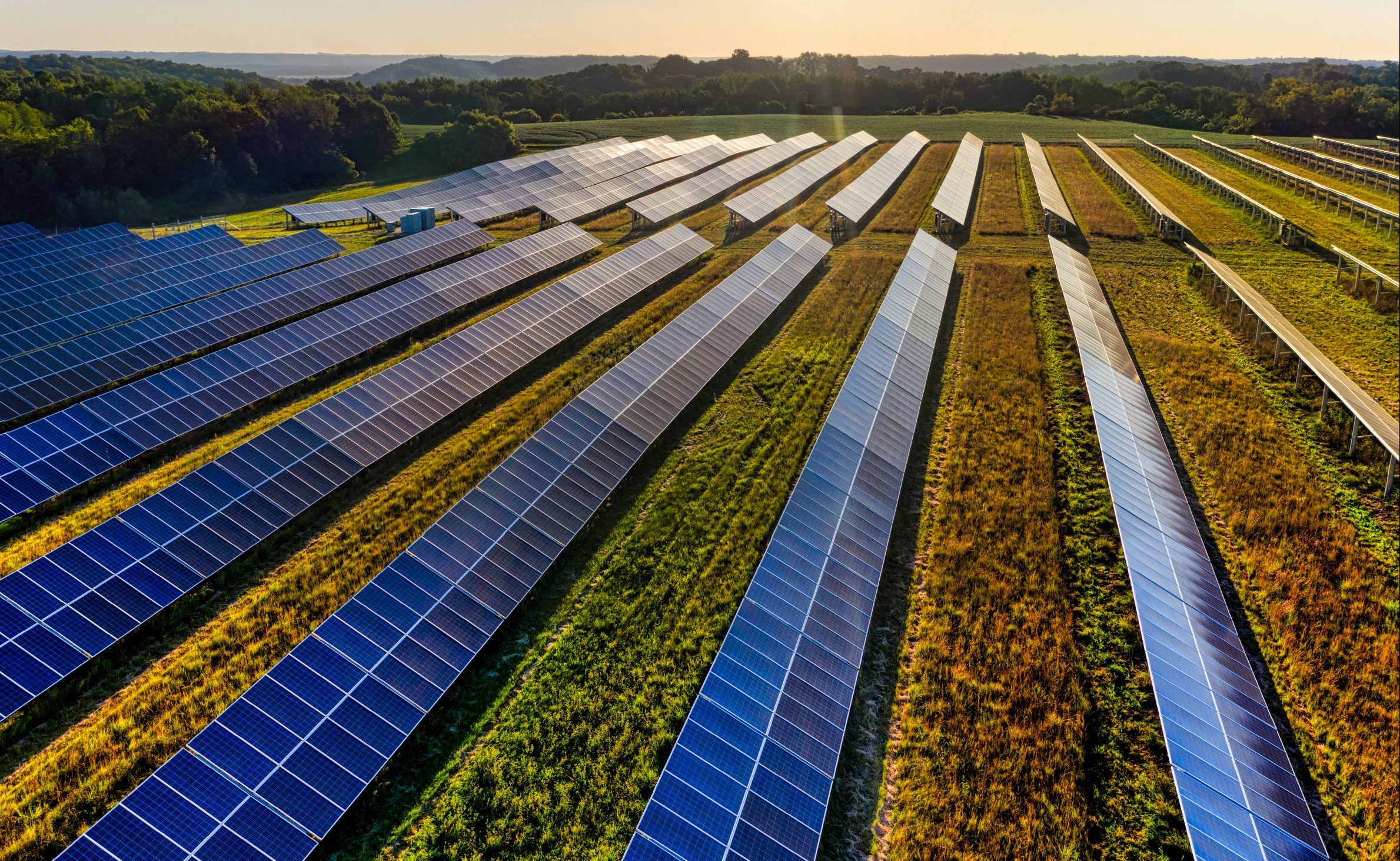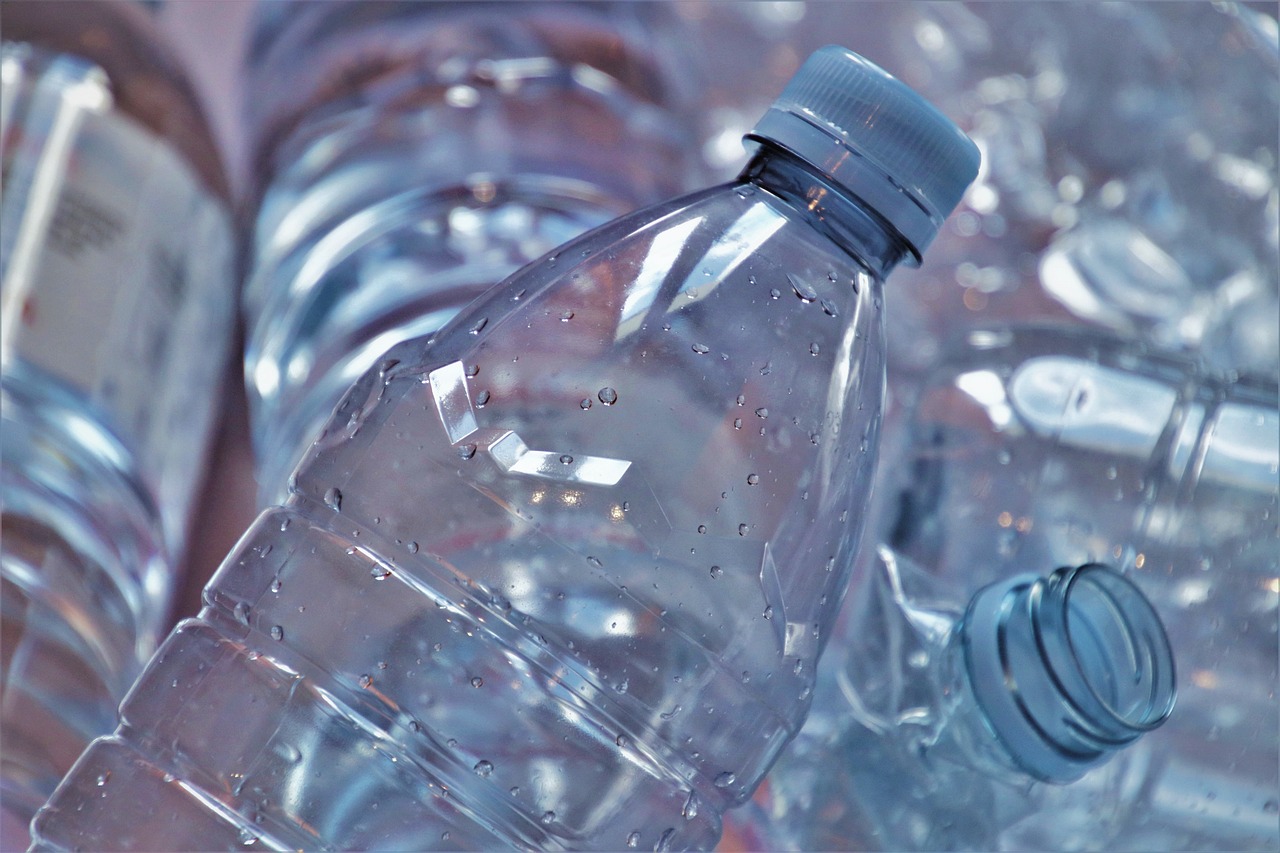
Climate change is a huge challenge, and solar energy is an opportunity to keep the planet liveable for future generations.Continue reading

From January 1, 2024, the mandatory bottle return system will start in Hungary. The government’s aim is to enable Hungary to switch to a circular economy as quickly as possible.
A mandatory bottle return system will be in place from the beginning of next year, with the decree laid down in the latest issue of the Hungarian Gazette published on Wednesday evening. The products subject to the mandatory return fee include all glass, metal, plastic bottles and cans of beverage products with a capacity of between one deciliter and three liters, with the exception of milk and milk-based beverage products. Manufacturers are obliged to place a legally required marking on these products, the communications department of the Ministry of Energy announced. Anikó Raisz, Secretary of State responsible for environment and circular economy, stated that this system will contribute to Hungary achieving a 90 percent PET bottle recycling rate in a few years.
The fee for mandatory returnable non-reusable beverage packaging will be HUF 50 (EUR 0.13) per item.
For products and refillable bottles with a voluntary return fee, the manufacturers will determine the amount that customers can get back after returning them.
The mandatory return of the bottles must be provided by reverse vending machines in groceries with a sales area of more than 400 square meters, and mandatory return points in municipalities with more than 1,000 inhabitants. Retail outlets that are obliged to operate reverse vending machines will soon be able to register at MOHU MOL Waste Management Zrt., while stores with smaller sales areas can join the system on a voluntary basis.
The mandatory return system will be exempt for producers who place less than 5,000 bottles on the market per year, and will not apply to bottles of special shapes and sizes that cannot be returned by vending machines, as determined by the concession company during the prior product registration procedure.
During the transitional period provided for by the legislation, until June 30, 2024, beverage containers still on the market without labeling and without a mandatory return fee will not be phased out, and can remain on the shelves of shops for an unlimited period.
In Hungary, the share of recycled waste has more than doubled since 2010, and could further grow in the future. This will increase the supply of secondary raw materials from waste, and reduce the use of primary raw materials, thereby helping to reduce landfills and illegal dumping, and will also reduce the environmental burden, according to the Ministry of Energy’s statement.
Via MTI, Index, Featured image: Pixabay